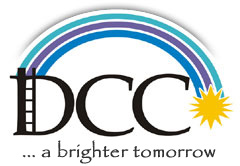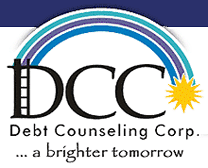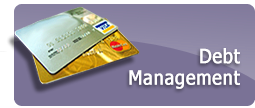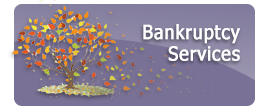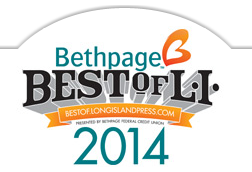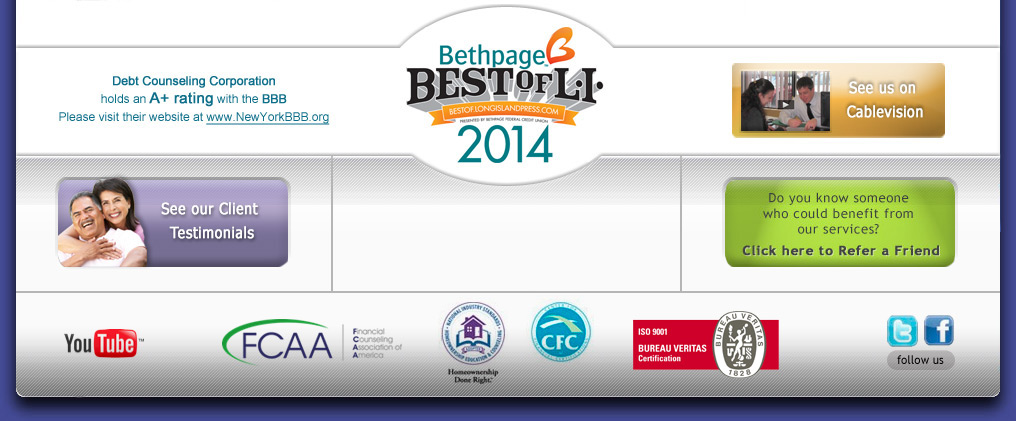WHAT IS CREDIT AND HOW DO I ESTABLISH 'GOOD CREDIT'
The following information will help you understand what credit is, and what to do to keep your credit healthy. “Good credit” is not always easy to achieve. Once you have earned good credit, be careful to guard it closely. Take special care to continually review your finances. Don’t do anything that will put your credit history in jeopardy.
WHAT IS GOOD CREDIT?
Credit is an arrangement by which a buyer can take possession of something now and pay for it later or over time.Many of us think of credit cards when we think of credit. It is easy to see how attractive it is to use credit cards. They allow us to satisfy our immediate desire to buy things now and not have to wait until later to start enjoying them. You can also see how easy it is to build up credit card debt. With excess debt comes a poor credit rating and the likelihood of being rejected when applying for mortgages, car loans etc.
It is important to start thinking of credit as a privilege you earn by making good choices when making purchases. Think of your credit history as a way to show how responsible you are, and you will be rewarded by having established yourself as someone who is reliable and prompt when paying off debts.
HOW CAN I ESTABLISH and KEEP GOOD CREDIT?
Open a checking and savings account at a local financial institution of your choice. Establish a good relationship there. Be sure to establish a good, consistent record of saving, even if it is just a small amount. Be sure to keep track of all bank-related fees Be careful not to write checks for amounts larger than you actually have in your checking account.If you have already paid off your credit card debt, and you would like to start establishing a good history...choose one credit card for your careful use. Shop around for the best rate. Be sure to read the fine print. Stick with one card only. Do not pile up large credit card bills which are unrealistic for you to pay off. Instead pay cash whenever possible. Put only one or two small items on your credit card at first. Budget your finances in such a way that you will be able to pay off your card in full the end of each monthly cycle.
Apply for a secured loan of some type (a car loan for example). In the event you cannot make payments on your secured loans, the secured item can be returned (in this example a car). If you are able to make timely regular payments for the secured loan, you will strengthen your credit score.
ARE YOU A GOOD CREDIT RISK?
Creditors check your background and history in order to determine if you will be a good “credit risk”. They check your income and current financial responsibilities and use the information to determine if you can take on additional debt. They want to be sure that it is realistic for you to be able pay off additional debt.
Additionally, they check to see how well you are doing with other creditors. Have you made consistent and timely payments to current creditors? Are your loans being paid as per the loan agreements?
They might also look for economic trends. Is it likely that someone in your occupation may be at risk of losing a job or being laid off?
What are your assets? If you cannot pay off your loan, do you have valuable assets which might be able to be used to secure loan repayment?
This is a secure website - your information will be encrypted. Click on the image below for more security information.
